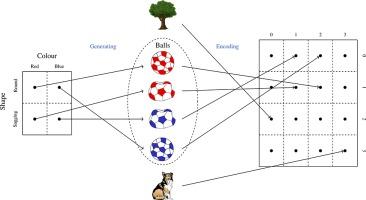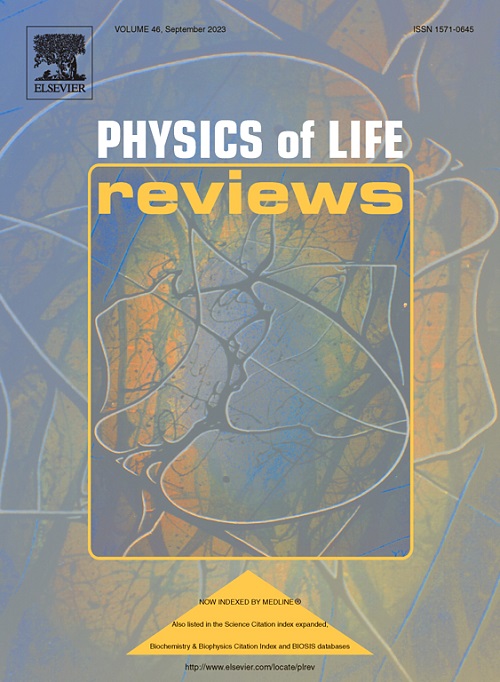因果认知的分离表征
IF 13.7
1区 生物学
Q1 BIOLOGY
引用次数: 0
摘要
复杂的适应性代理一直通过解决似乎需要了解因果信息的问题来实现其目标,这些信息涉及代理-环境组合系统中各元素之间存在的因果关系。因果认知研究并描述了人类和非人类动物因果学习和推理的主要特征,提供了一个概念框架,根据对任务的明显因果理解程度来讨论认知表现。尽管使用了正式的基于干预的因果关系模型,包括因果关系贝叶斯网络,但关于因果认知的心理学和行为学研究还没有提供一个可操作的计算账户,说明行为主体如何在似乎从零开始的情况下,即在没有环境相关特征的先验知识的情况下,获得对世界的因果理解。另一方面,对机器学习和强化学习中因果关系的研究,特别是将解缠作为建立因果表征的候选过程的研究,则是设计能够学习因果关系的人工代理的具体尝试,为自然因果认知的内部运作提供了启示。在这项工作中,我们将这两个研究领域联系起来,建立了一个统一的因果认知框架,为动物认知研究提供了一个计算视角,并为人工智能中因果强化学习新算法的开发提供了启示。本文章由计算机程序翻译,如有差异,请以英文原文为准。

Disentangled representations for causal cognition
Complex adaptive agents consistently achieve their goals by solving problems that seem to require an understanding of causal information, information pertaining to the causal relationships that exist among elements of combined agent-environment systems. Causal cognition studies and describes the main characteristics of causal learning and reasoning in human and non-human animals, offering a conceptual framework to discuss cognitive performances based on the level of apparent causal understanding of a task. Despite the use of formal intervention-based models of causality, including causal Bayesian networks, psychological and behavioural research on causal cognition does not yet offer a computational account that operationalises how agents acquire a causal understanding of the world seemingly from scratch, i.e. without a-priori knowledge of relevant features of the environment. Research on causality in machine and reinforcement learning, especially involving disentanglement as a candidate process to build causal representations, represents on the other hand a concrete attempt at designing artificial agents that can learn about causality, shedding light on the inner workings of natural causal cognition. In this work, we connect these two areas of research to build a unifying framework for causal cognition that will offer a computational perspective on studies of animal cognition, and provide insights in the development of new algorithms for causal reinforcement learning in AI.
求助全文
通过发布文献求助,成功后即可免费获取论文全文。
去求助
来源期刊

Physics of Life Reviews
生物-生物物理
CiteScore
20.30
自引率
14.50%
发文量
52
审稿时长
8 days
期刊介绍:
Physics of Life Reviews, published quarterly, is an international journal dedicated to review articles on the physics of living systems, complex phenomena in biological systems, and related fields including artificial life, robotics, mathematical bio-semiotics, and artificial intelligent systems. Serving as a unifying force across disciplines, the journal explores living systems comprehensively—from molecules to populations, genetics to mind, and artificial systems modeling these phenomena. Inviting reviews from actively engaged researchers, the journal seeks broad, critical, and accessible contributions that address recent progress and sometimes controversial accounts in the field.
 求助内容:
求助内容: 应助结果提醒方式:
应助结果提醒方式:


